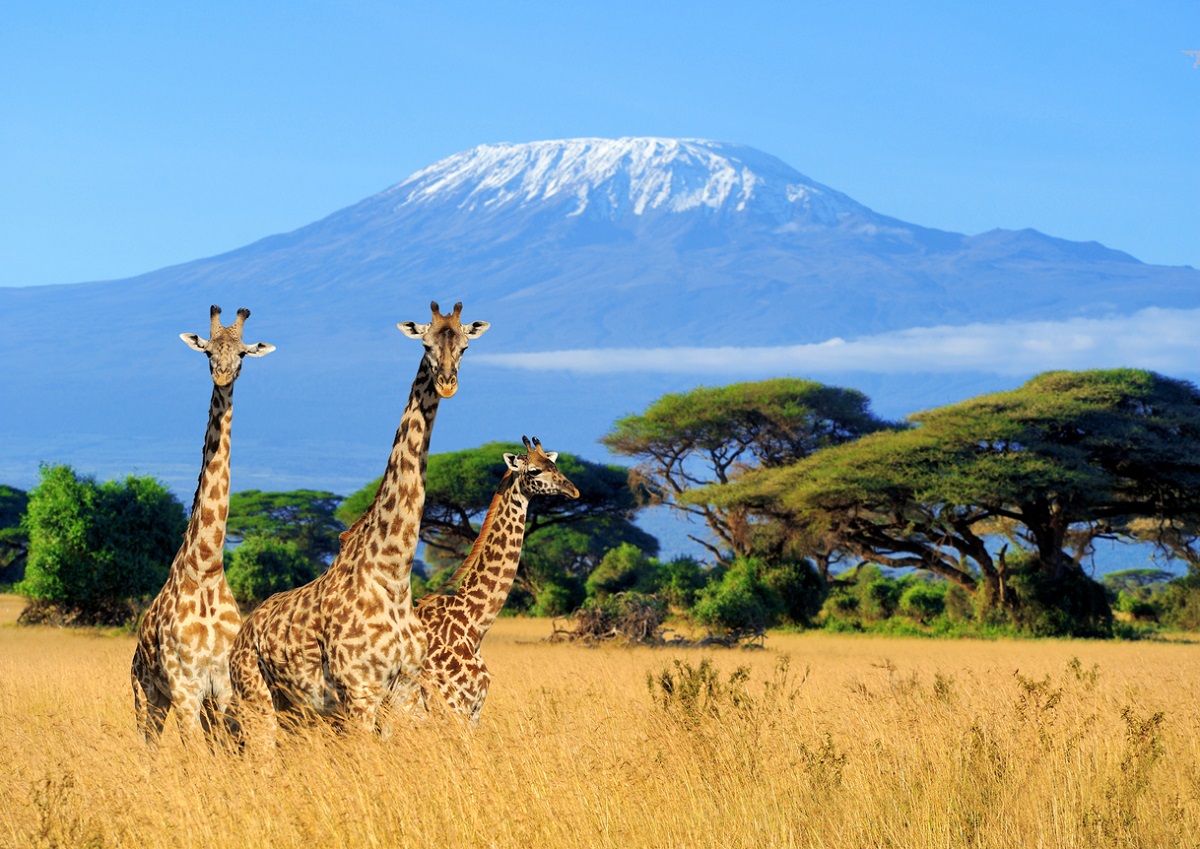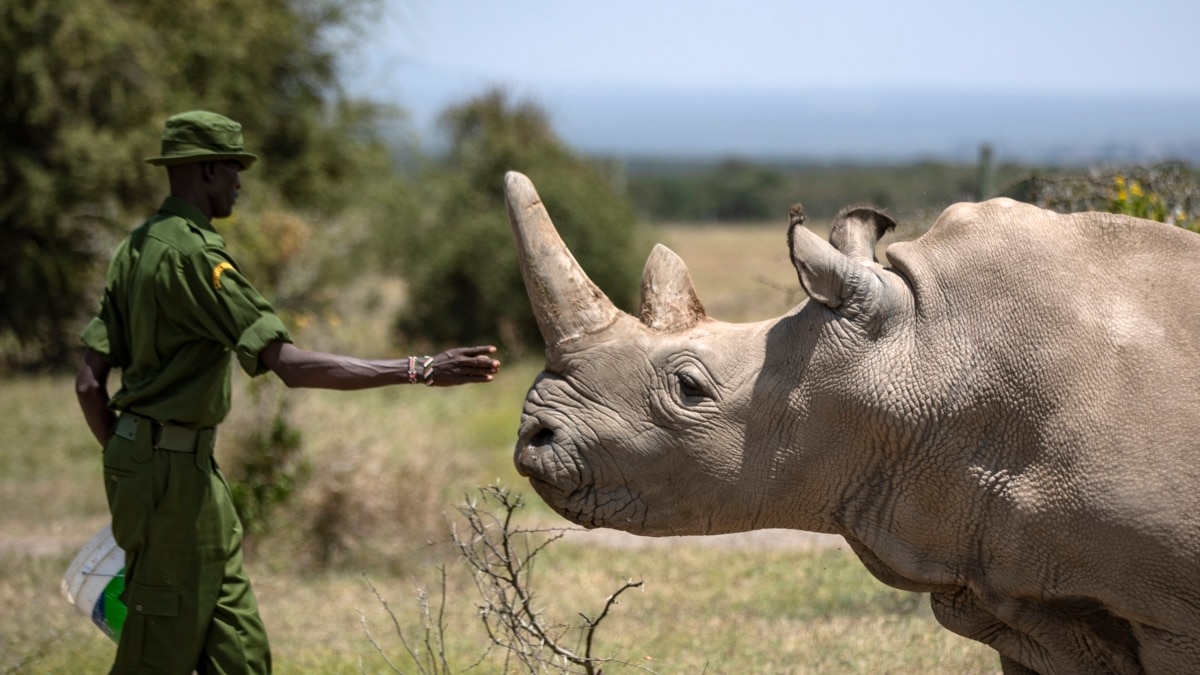As the world\’s population rapidly increases and human activity continues to negatively impact wildlife, we must take action to protect and preserve Africa\’s rich natural heritage. Wildlife reserves are a key part of doing so, as they provide habitats for numerous species of birds, mammals, amphibians, and reptiles across the continent.
These areas play an invaluable role in sustaining biodiversity and allowing African wildlife to continue flourishing into the future. This article will explore how wildlife reserves help preserve Africa\’s natural heritage by providing safe havens for endangered species while simultaneously educating people about protecting their environment.
It will also discuss potential challenges faced when preserving this vital resource and some possible solutions that could be employed to ensure its longevity.
Protecting Africas Biodiversity: The Importance of Wildlife Reserves

Source: isaaa.org
Africa is home to some of the most unique and diverse wildlife on the planet. Its vibrant ecosystems are essential for maintaining biodiversity, providing essential resources to local communities, and helping protect against climate change.
Wildlife reserves play a key role in preserving this natural heritage by providing safe areas where species can flourish without interference from humans. They offer much more than just protection; they provide invaluable educational opportunities, scientific research capabilities, and economic benefits for local people living nearby.
Wildlife reserves are particularly important when it comes to protecting endangered species such as African elephants, white rhinoceroses, black rhinos, lions, and other big cats. By creating an area where these animals can live safely with minimal human impact, their populations have an opportunity to grow instead of being pushed closer to extinction due to habitat destruction or illegal hunting activities.
The success of wildlife reserves depends greatly on local support from surrounding communities who may benefit economically through ecotourism initiatives or job creation schemes provided by conservation groups that help manage these areas.
Safeguarding African Wildlife: An Overview of Conservation Efforts

Source: learningenglish.voanews.com
African wildlife is an integral part of the continent\’s natural heritage. The conservation of these species and their habitats is essential for preserving Africa\’s biodiversity and sustaining its ecosystems.
Conservation efforts in African countries have long been focused on managing wildlife populations, protecting threatened species, restoring degraded habitats, and creating protected areas to ensure that wild animals are safe from harm. This article will provide an overview of some of the current conservation initiatives underway in African nations today.
One major effort being taken by many African countries is the creation and management of national parks and game reserves where wild animals can roam freely without threat from humans or other predators. These parks often feature strict regulations designed to protect wildlife populations while also allowing visitors to experience nature firsthand.
Additionally, many governments are moving towards a holistic approach to conservation which includes addressing human-wildlife conflicts as well as promoting sustainable development practices within communities living near park boundaries.
Securing the Future: Establishing and Maintaining Wildlife Sanctuaries

Source: www.iucn.org
Wildlife sanctuaries are a crucial component of preserving Africa\’s natural heritage and securing its future. They provide safe havens for the continent\’s rich array of species, from elephants to gorillas, as well as providing a refuge for endangered species such as rhinos and cheetahs.
Wildlife reserves also help protect biodiversity by ensuring that habitats remain intact and free from human interference. Establishing these reserves involves careful planning and management to ensure their long-term success; this includes regulation of hunting activities, monitoring animal populations, engaging local communities in conservation efforts, creating buffer zones between wildlife corridors and settlements, safeguarding water resources, reducing pollution levels near vital habitats, and more.
Furthermore, it is essential to maintain these sanctuaries over time through regular monitoring to assess their effectiveness at conserving wildlife populations while meeting the needs of local communities. In this way, we can ensure that Africa’s unique natural heritage remains intact for generations to come
Conclusion
Africa is known for its vast and diverse natural heritage, which includes a variety of wildlife species that are indigenous to the continent.
Wildlife reserves play an important role in preserving this unique legacy by providing habitats for endangered species and helping to control poaching and other threats that can endanger these irreplaceable animals. The Amboseli in Kenya is a prime example of how effective these reserves can be – it has been protecting elephants, lions, cheetahs, and other wild animals since 1973, making it one of Africa\’s oldest protected areas. By creating dedicated spaces where wildlife can thrive without interference from humans, we ensure that our children and grandchildren will continue to benefit from the incredible natural beauty Africa has to offer long into the future.